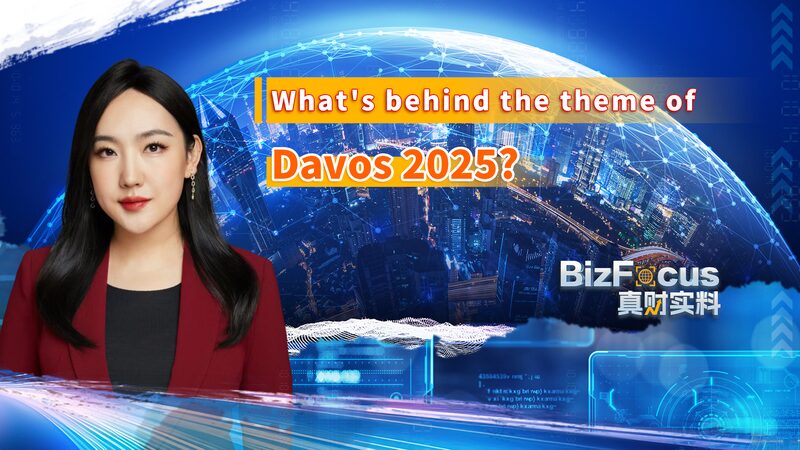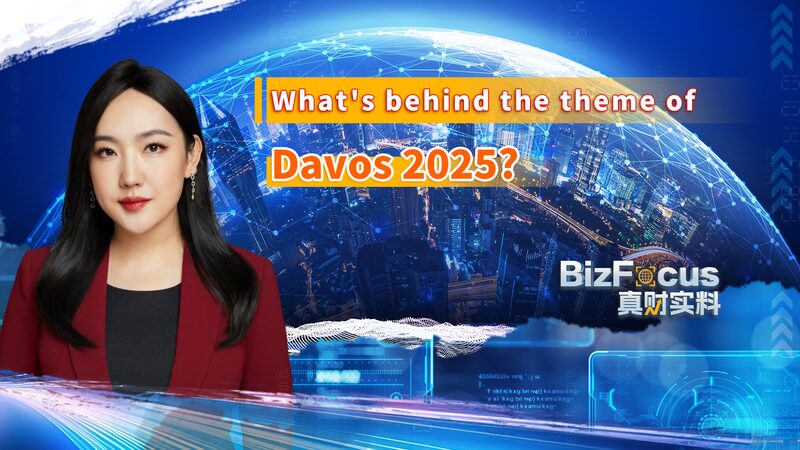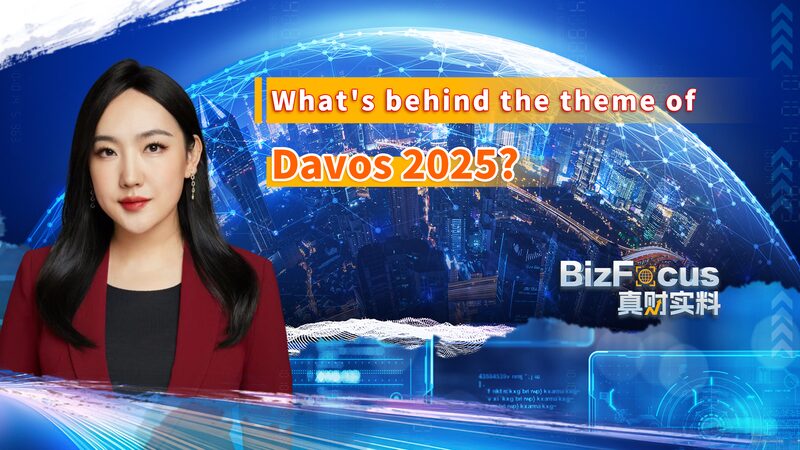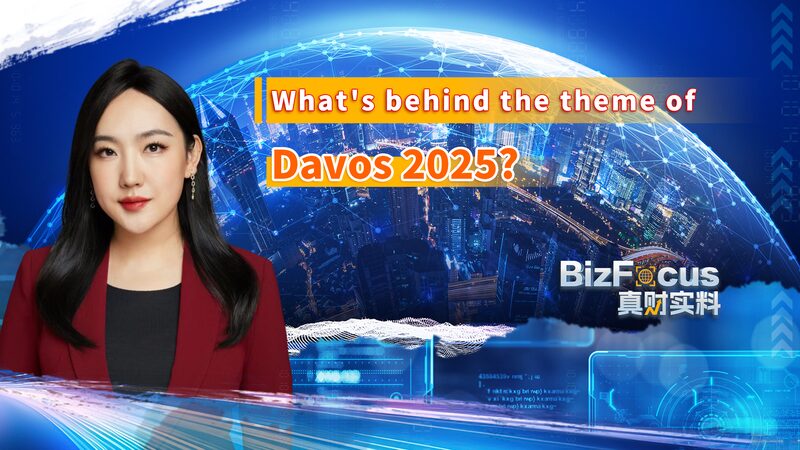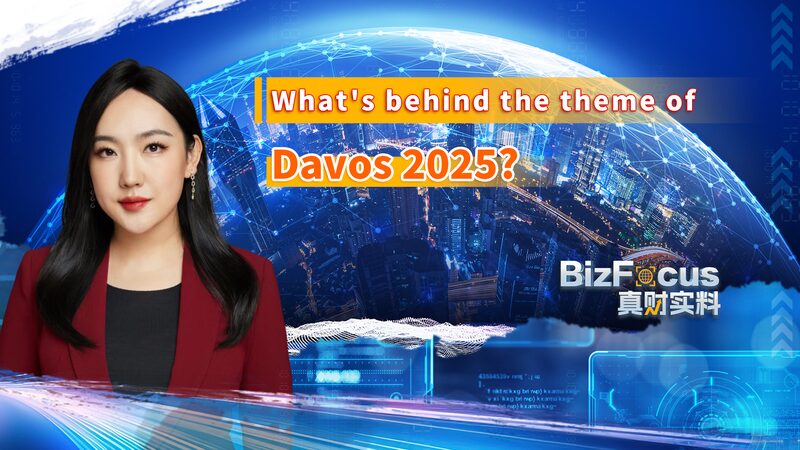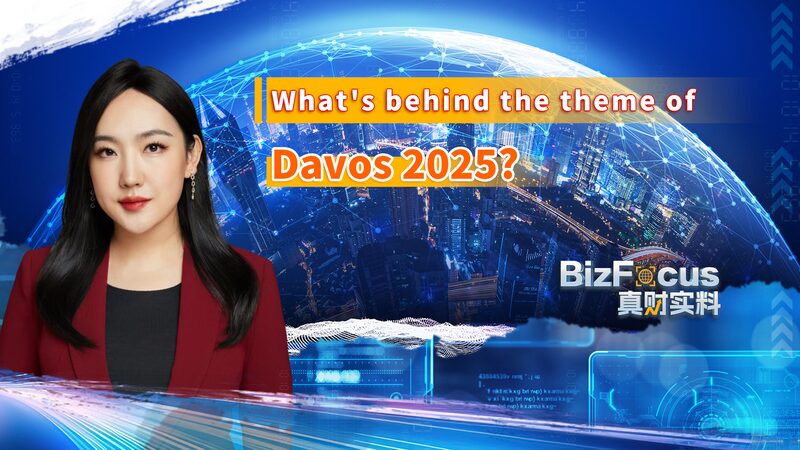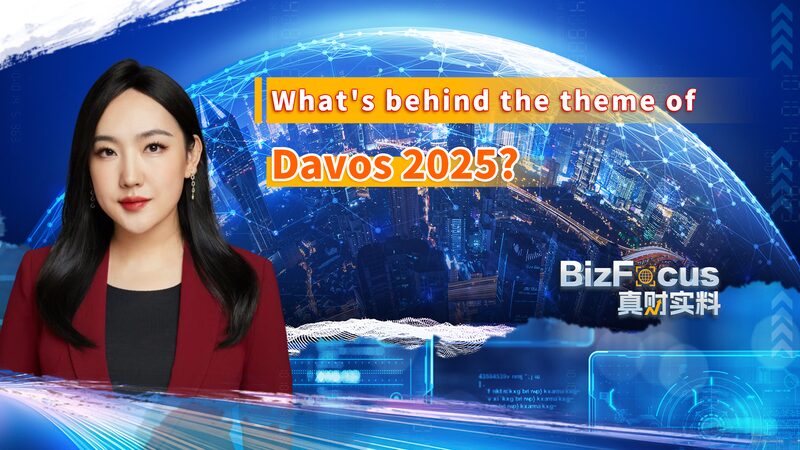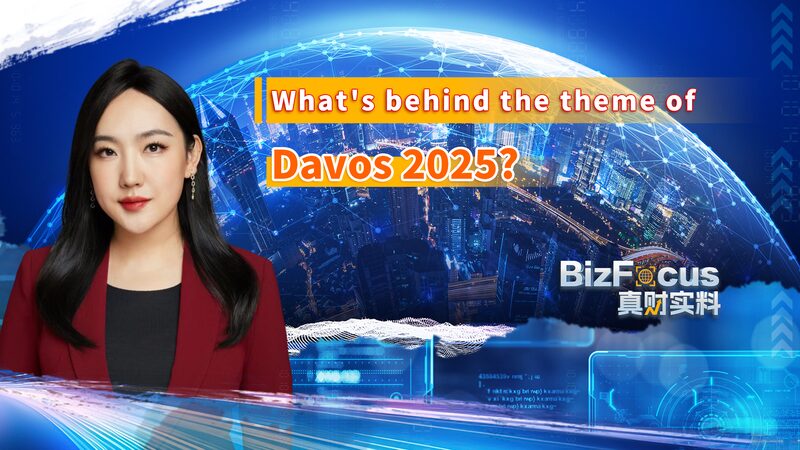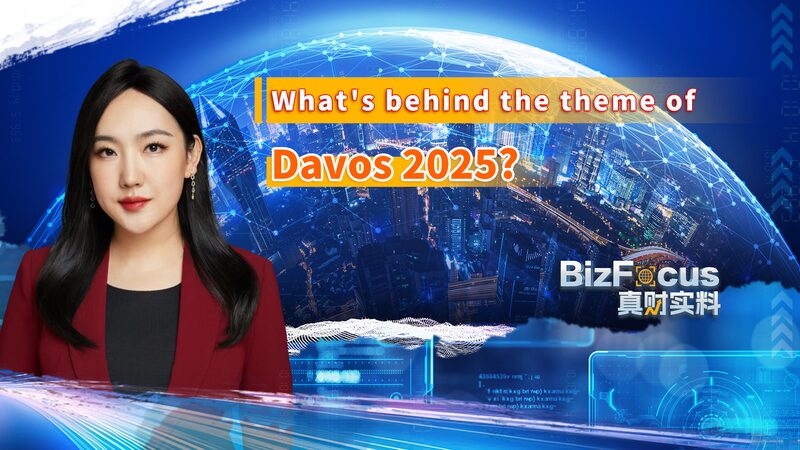Davos, Switzerland — The World Economic Forum's Annual Meeting 2025 kicked off with a resounding call for unity under the theme \"Collaboration in the Intelligent Age.\" Gathering around 3,000 global leaders, innovators, and thinkers from over 130 countries, the conference couldn't come at a more critical juncture.
As the world stands at the crossroads of massive technological shifts, economic uncertainties, and a rapidly changing climate, the pressing question remains: How do we work together to navigate these challenges?
Artificial Intelligence (AI) is at the forefront of this year's discussions. With the global economy undergoing a paradigm shift, AI holds the potential to drive growth, transform industries, and improve lives. According to reports released ahead of the forum, by 2030, AI and other information-processing technologies will transform 86% of businesses, sparking the creation of 170 million new roles worldwide.
Beyond its economic implications, AI offers extraordinary opportunities to address global challenges. From healthcare advancements to sustainable energy solutions, the intelligent age promises innovation that can bridge gaps and elevate global well-being. However, realizing this potential requires trust, transparency, and a commitment to inclusivity. Without these, the intelligent age risks exacerbating existing divides.
Klaus Schwab, founder of the World Economic Forum, emphasized the significance of collective effort in his opening speech. “Despite great uncertainties and differing perspectives, this meeting fosters a spirit of constructive optimism,” he stated. “Our ability to collaborate will define our success in this new era.”
This gathering is more than just a conference—it's a call to action. Collaboration in the Intelligent Age demands breaking down barriers, sharing resources, and building trust across borders and sectors. The challenges we face—geopolitical tensions, economic fragmentation, and climate instability—are daunting. Yet, the conversations here reflect a growing recognition that collaboration isn't optional; it's the only way forward.
Participants are engaging in dialogues aimed at fostering partnerships and creating frameworks that ensure the benefits of AI and technological advancements are shared globally. Initiatives focusing on ethical AI deployment, equitable access to technology, and sustainable development are central to the agenda.
As the world watches, the outcomes of Davos 2025 may well set the course for how nations and industries navigate the intelligent age. The hope is that through collaboration, we can harness technology to overcome challenges and create a more prosperous, inclusive future for all.
Reference(s):
cgtn.com
